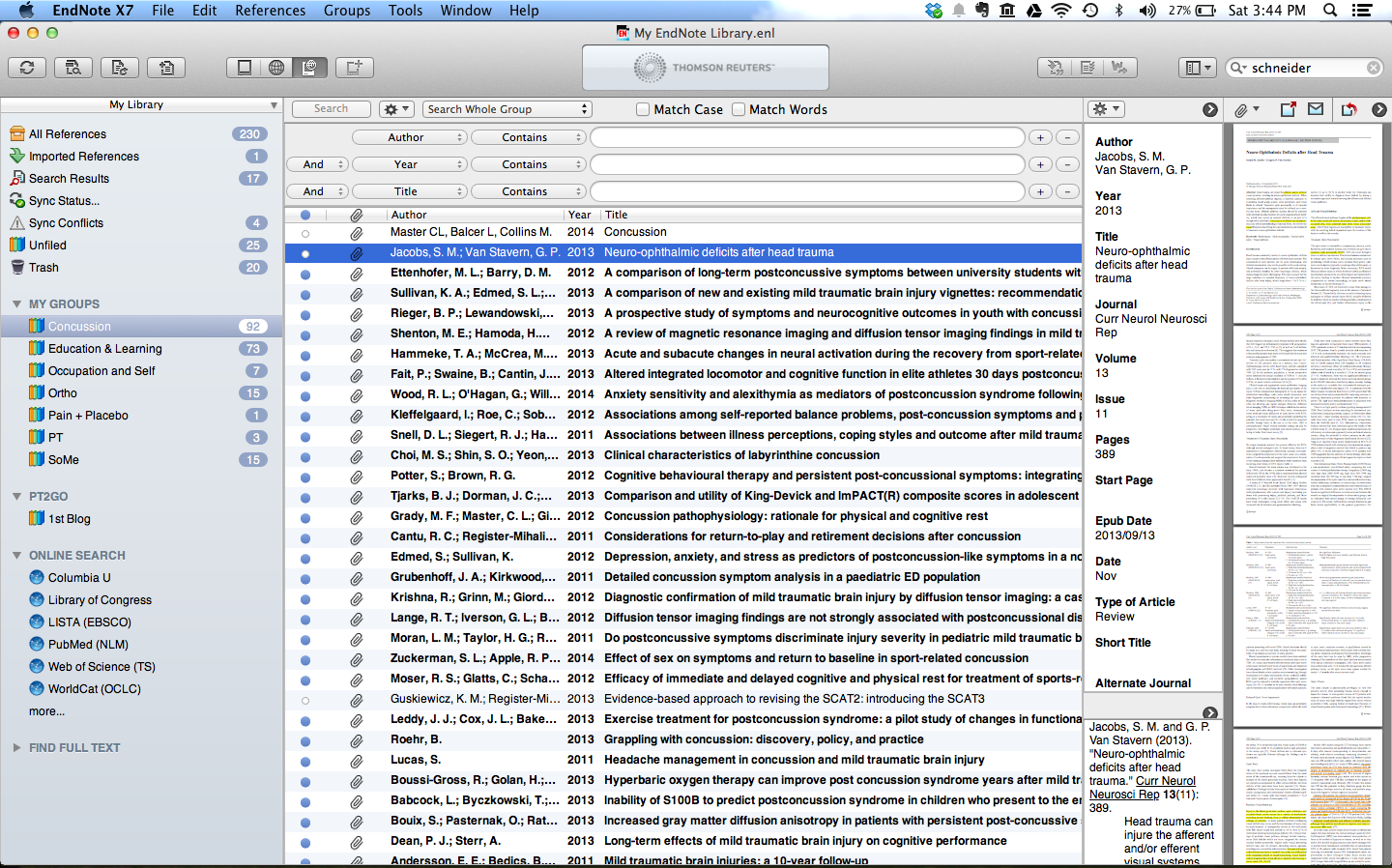

Serological studies also indicate low levels of seroprevalence even in parts of the United States heavily affected by the virus (e.g., 23% in New York City by ) ( 3, 4). population remains susceptible to SARS-CoV-2 ( 2). states have progressively reopened their economies, despite estimates of cumulative US COVID-19 incidence, suggesting that most of the U.S. In the absence of a widely available vaccine or an effective treatment, authorities have sought to slow epidemic growth by implementing nonpharmaceutical interventions (NPIs), including school and business closures, work-from-home policies, and travel bans. In just over 12 months, coronavirus disease 2019 (COVID-19)-the disease caused by the betacoronavirus SARS-CoV-2-has caused more than 2,200,000 deaths worldwide, 455,000 of which are in the United States ( 1). Our results suggest that combining disparate health and behavioral data may help identify disease activity changes weeks before observation using traditional epidemiological monitoring. We propose a means of harmonizing these data streams to identify future COVID-19 outbreaks. Confirmed cases and deaths also decrease 2 to 4 weeks after NPI implementation, as measured by anonymized, phone-derived human mobility data. We observe that increases in digital data stream activity anticipate increases in confirmed cases and deaths by 2 to 3 weeks. Here, we evaluate digital data streams as early indicators of state-level COVID-19 activity from 1 March to 30 September 2020. A COVID-19 early warning system is vital for this. Until effective vaccines are widely deployed, curbing COVID-19 will require carefully timed nonpharmaceutical interventions (NPIs).

Given still-high levels of coronavirus disease 2019 (COVID-19) susceptibility and inconsistent transmission-containing strategies, outbreaks have continued to emerge across the United States. Hanage, Alessandro Vespignani, and Mauricio Santillana Show Fewer Lu, … Show All …, Peter Huybers, Bernd Resch, Clemens Havas, Andreas Petutschnig, Jessica Davis, Matteo Chinazzi, Backtosch Mustafa, William P. Kogan, Leonardo Clemente, Parker Liautaud, Justin Kaashoek, Nicholas B.


 0 kommentar(er)
0 kommentar(er)
